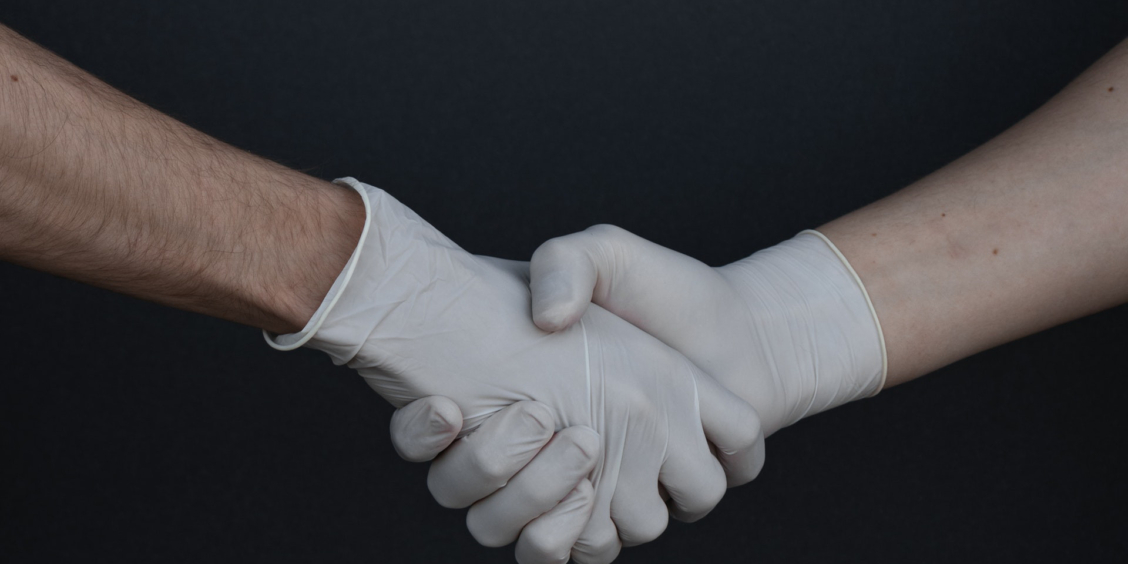It is with regret that my first communication, as the new Chairperson of The Vitiligo Society, is at such a challenging time. But I felt it was important to introduce myself and share some information on coronavirus and the current understanding in relation to vitiligo. We are here to help support our members and the wider vitiligo community.
The coronavirus and vitiligo
We appreciate that, at this current time, many of us are concerned about the coronavirus pandemic and the potential risks to our health. For those with vitiligo, there may be questions over whether there is any additional cause for concern. We felt that it would be helpful to share some advice from two well-respected vitiligo sources:
Firstly, we would recommend reading the full article by Dr John Harris, from the Vitiligo Research Clinic and Research Centre at UMASS medical school, via the link here.
He summarises:
In most cases, you are not at a higher risk of getting COVID-19 if you have vitiligo. If you are taking medicines for vitiligo and are still concerned about how it may affect you, talk to your doctor. And as we tell everybody, please do your part to prevent the spread of the virus during this pandemic, by washing your hands, not gathering in large groups, and meeting with people over the phone or videoconference instead of in person when possible.
For those treating their vitiligo with drugs and medicines that can have potential immunosuppressive side effects, there is more specific information and advice on the website of the British Association of Dermatologists (BAD) at this link.
Their advice includes the following statement on if you are more at risk but please read their full article for further details:
The BAD is aware of the concerns about COVID-19 amongst people who are taking medicines that affect the immune system. The BAD is not aware of any good evidence that these people are at a greater risk of getting COVID-19 or having a more severe form of the illness. This advice may change as we find out more about this new condition, so please check the Gov.UK and NHS websites regularly.
If there are any updates or further research that we feel is relevant and can support you at this difficult time, we will do our best to share this with you all as soon as possible.
Government advice
The UK Government is now advising that all practise social-distancing, limiting our interactions with others to an absolute minimum, to help limit the spread of COVID-19.
Importantly they are advising those who are at increased risk of severe illness from coronavirus (COVID-19) to be particularly stringent in following social distancing measures.
This group includes those who are:
- aged 70 or older (regardless of medical conditions)
- under 70 with an underlying health condition.
- are pregnant
For full details of the current advice, including health conditions this applies too, please see this link.
The Vitiligo Society
At the beginning of the year, we closed our physical office in London to reduce our operating costs as part of a Digital Transformation. We implemented technology infrastructure that allowed our staff, volunteers and trustees to work and communicate effectively from anywhere in the world. This has meant that we’ve been able to continue operating effectively under the social distancing guidelines. We will continue to work hard throughout this period to ensure you, our members, are supported and that the wider work of the Society continues as best it can.
We are carefully applying all the government advice to ensure safety, health and support for our staff, volunteers and trustees too.
Rest assured that we are building a contingency plan for the Society to ensure that we can serve those with vitiligo and deliver the best impact we can in spite of the developing economic climate.
Please do let us know if you have any further queries in relation to this email or our wider work by emailing us at hello@vitiligosociety.org.
I, along with the Board of Trustees, wish you all the best and good health during these testing times. I’m looking forward to having an open and transparent conversation with you all in the coming months about our work, the changes we are making and how we can further positively change the lives of those with vitiligo.

